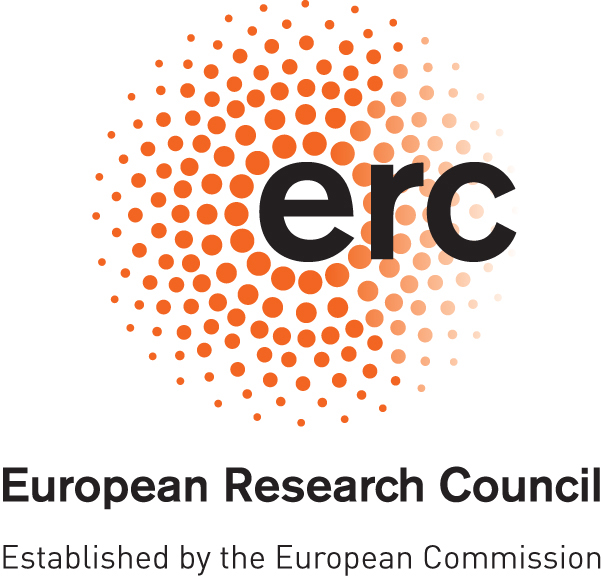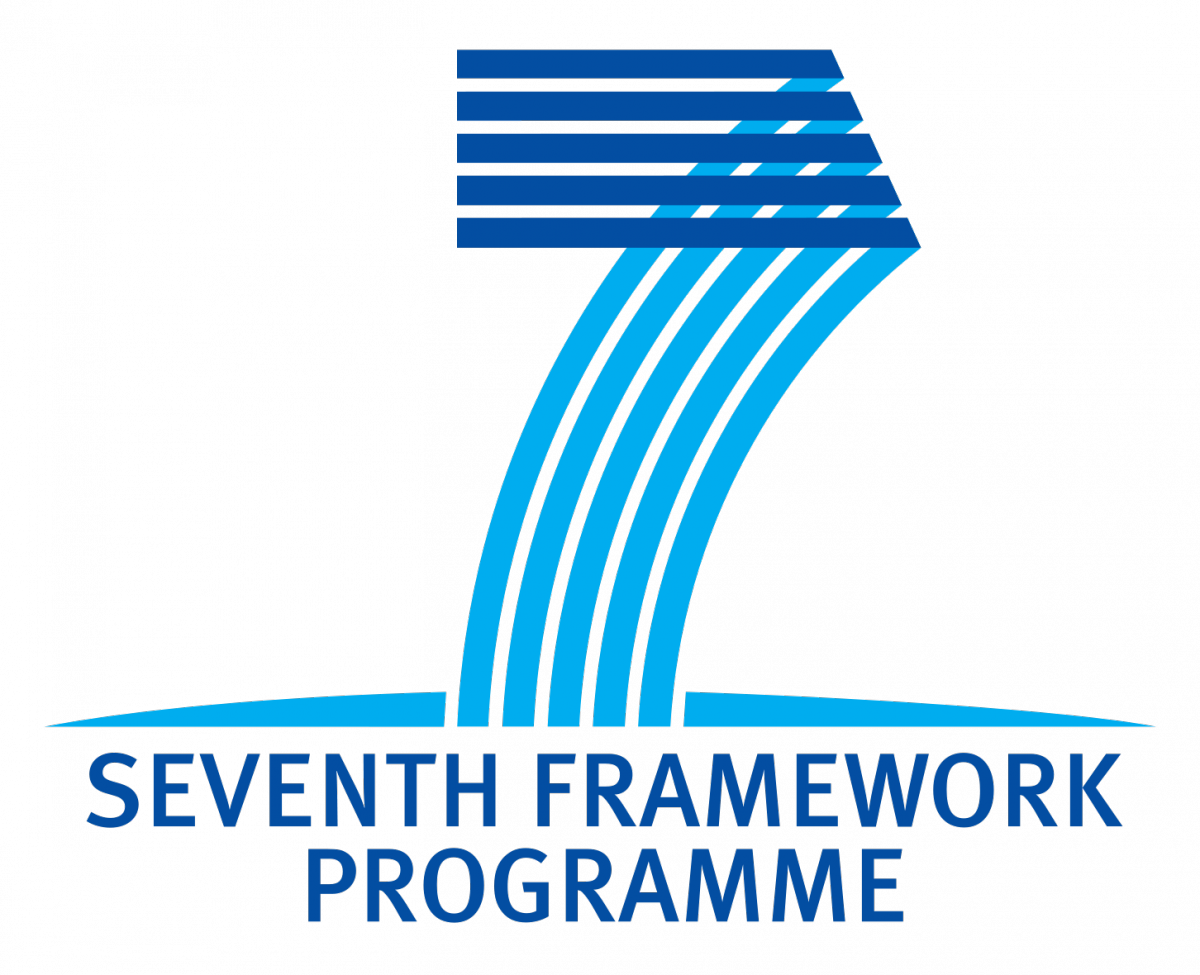Manuscripts as Artefacts: Methods of their Study and Conservation
International Workshop. 11 June 2014, Mekele University
Report
On 11 June 2014, the workshop entitled "Ethiopian Cultural Heritage: Manuscripts as Artefacts and Issues of Conservation" took place on the premises of Mekelle University, Business College Campus. It was organized in frames of cooperation between the Universities of Hamburg and Mekele (I am grateful to Dr. Wolbert Smidt (Mekele University, Department of Anthropology) and Mrs. Yoko Furusaki (Ethio-Japan Research Center) for help in organizing the workshop and other research activities) and attended by about 30 participants; the workshop was the third public presentation of the work of the project "Cultural Heritage of Christian Ethiopia, Salvation, Preservation, Research, Hamburg University" (Ethio-SPaRe) in Ethiopia (On 7 February 2014, the project's work was presented at Mekele University, and on 3 March 2014, at Debre Markos University), and marked the end of the main phase of the project's work (2010-14). The project carried out an extensive recording and research work at ca. 100 ecclesiastic sites as well as a manuscript conservation program which was completed in June 2014. The workshop was dedicated to the results and experience of the Ethio-SPaRe work, and new trends and techniques in the manuscript research.
The introduction was done by the principal investigator of the project, Dr. Denis Nosnitsin. Mrs. Desirée Domec (PhD candidate, University of Essex, UK), a member of the conservators team of Ethio-SPaRe, held the talk "Cultural Heritage and Ethics of Conservation. A Case Study of Intangible Heritage and Cultural Spaces", on the general ethical aspects of conservation of the cultural heritage and factors potentially influencing decision making in each separate case. Examples of modern big preservation projects in various countries have been presented.
The key presentation was done by Dr. Nikolas Sarris (Technical School of Conservation, Zakynthos, Greece) and Marco Di Bella (Palermo, Italy), who told about the results of the conservation work which they carried out in frames of Ethio- SPaRe in 2011-14, about various problems encountered during the work and their solutions. Some issues of correct storage of parchment manuscripts in Ethiopian ecclesiastic libraries and possibilities of organizing a continuous manuscript conservation work in Ethiopia have also been discussed.
The presentation by Dr. Ira Rabin (BAM; Federal Institute for Material Research and Testing, Berlin / Center for the Studies of Manuscript Culture, Hamburg), "Instrumental Analysis in the Study and Conservation of Manuscripts", was dedicated to the scientific non-destructive methods in manuscript studies. The spectral analysis of the material components of the manuscripts was the main topic. The work on two devices was demonstrated: Dino-Lite USB digital microscope and Tracer III-SD X-ray fluorescence spectrometer, both used for collecting data on chemical composition of manuscripts, which is essential for both study and conservation.



